








Zero Budget Natural Farming
2020
2020
Fields of, rice, maize, millet, sugar cane, red chili, arranged to form a colorful carpet touch the horizon. A train ride through Andhra Pradesh’s countryside is our first introduction to the vast cultivated lands of one biggest producer of crops in India. At first glance, nothing suggests that one of the world‘s most revolutionary experiments in agriculture is currently underway here. Monoculture is a dominant cultivation mode in Andhra too. It has come to characterize the country’s agricultural landscape since the so-called green revolution. Now, 60 years later, the consequences are becoming drastically noticeable. The soils are depleted, the rivers poisoned, the yields are getting smaller, and are no longer resistant to the weather phenomena.
Small farmers are left behind, unable to feed their families and taking their own lives out of desperation – thousands of them every year. In Andhra Pradesh in the southeast of the country, more than eighty percent of small farmers are in debt. Now, here of all places, a shift is to take place. The United Nations Environment Programme, which is supporting this turnaround, calls the project „the biggest transformation to sustainable agriculture ever seen.“
It calls for the state‘s roughly 6 million farming families to rid their fields of pesticides by 2027. This is not the plan of a civil society organic movement, it is what the local government wants.
This text has been adapted and translated from its original German version by Samanta Siegfried.
Small farmers are left behind, unable to feed their families and taking their own lives out of desperation – thousands of them every year. In Andhra Pradesh in the southeast of the country, more than eighty percent of small farmers are in debt. Now, here of all places, a shift is to take place. The United Nations Environment Programme, which is supporting this turnaround, calls the project „the biggest transformation to sustainable agriculture ever seen.“
It calls for the state‘s roughly 6 million farming families to rid their fields of pesticides by 2027. This is not the plan of a civil society organic movement, it is what the local government wants.
This text has been adapted and translated from its original German version by Samanta Siegfried.
Filed under:
photo,
reportage,
commission
photo,
reportage,
commission
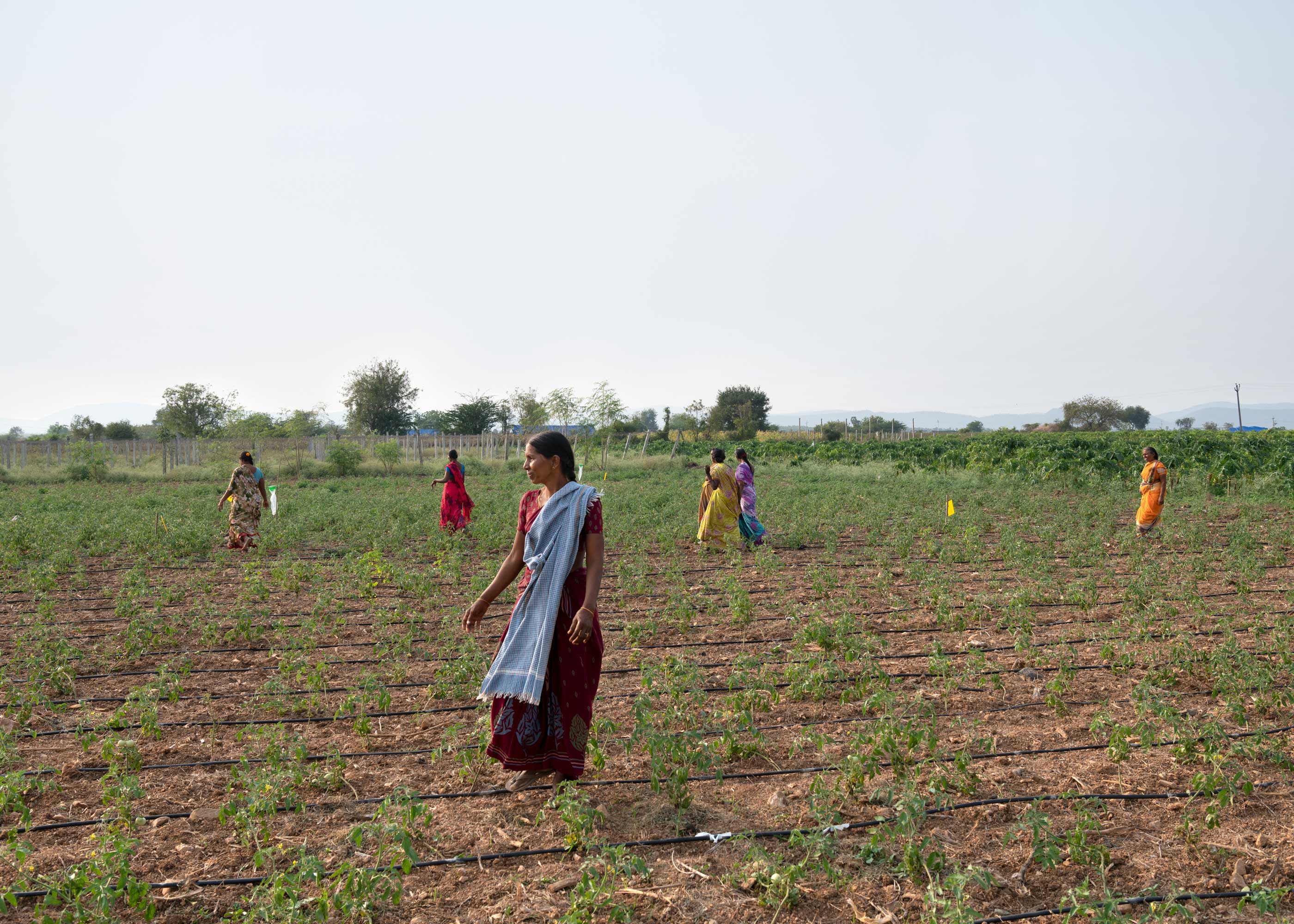

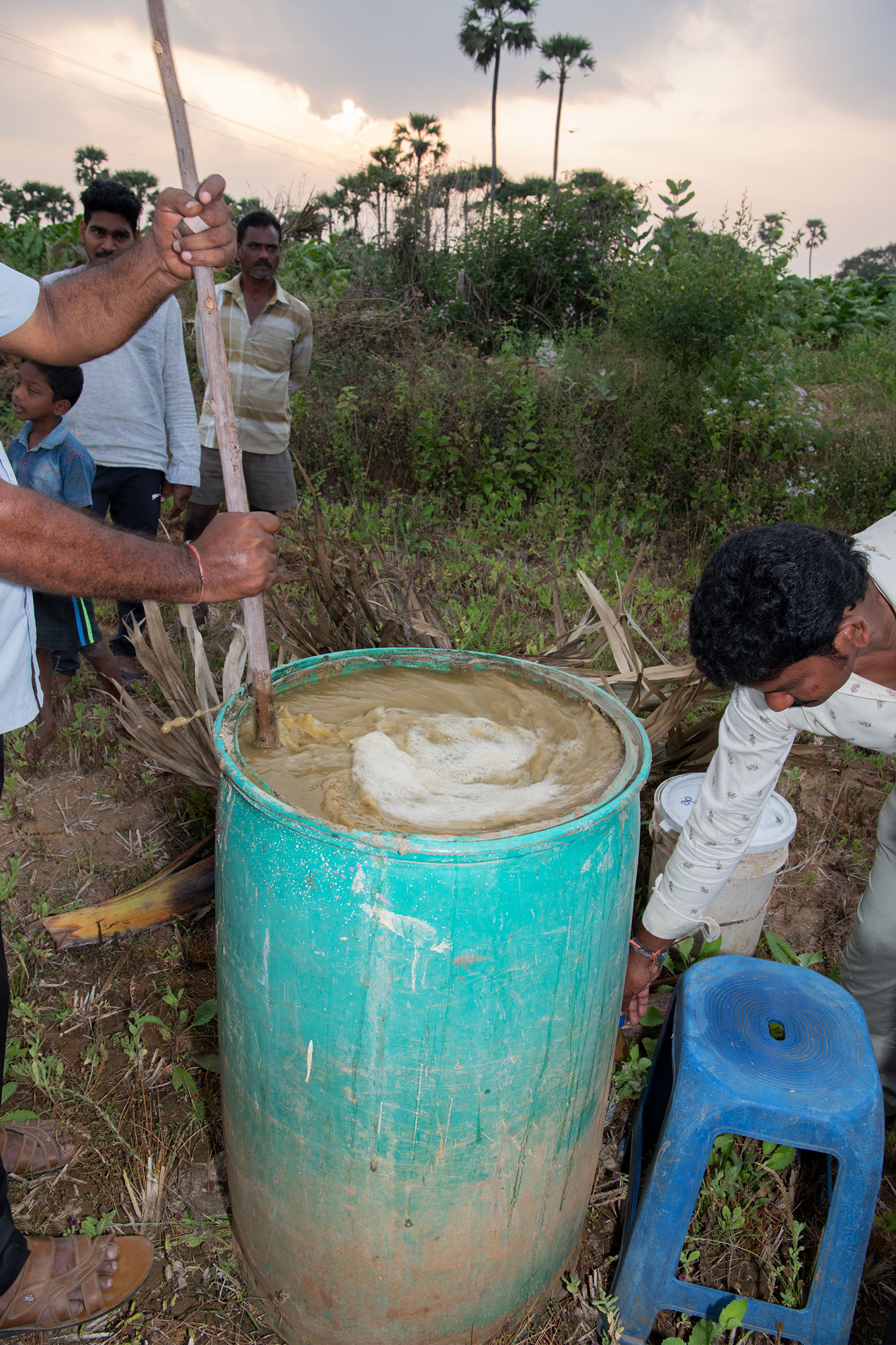

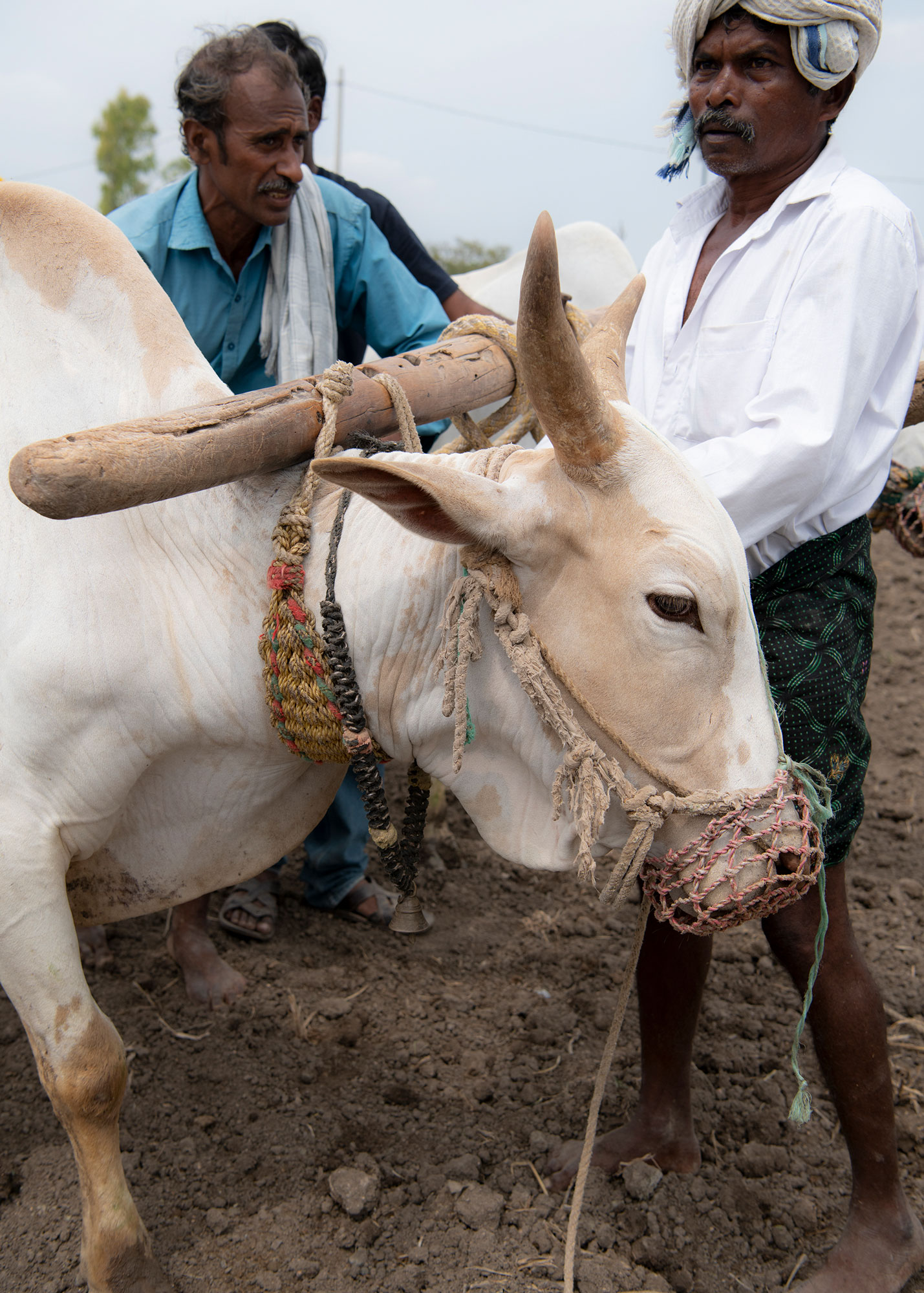
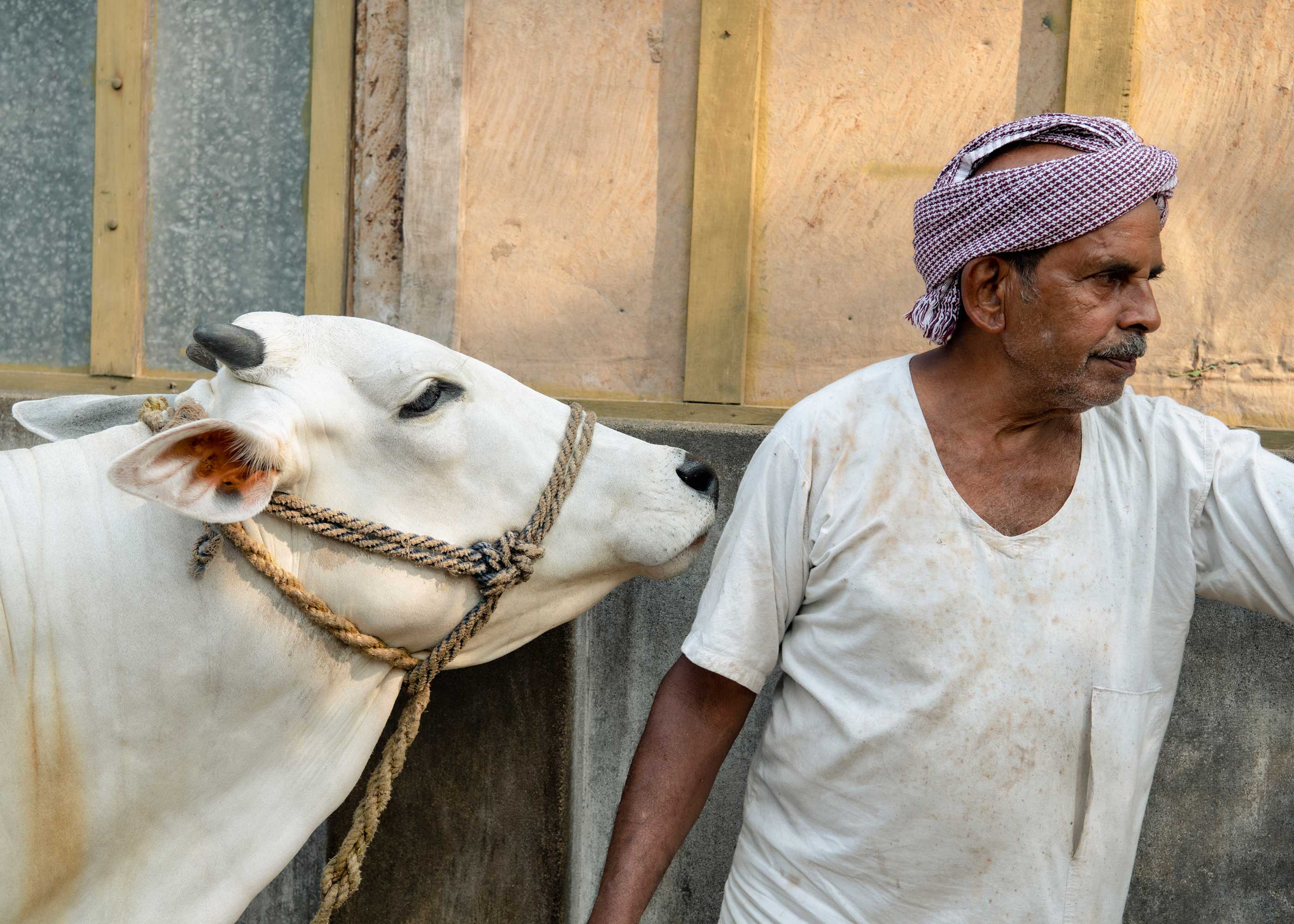
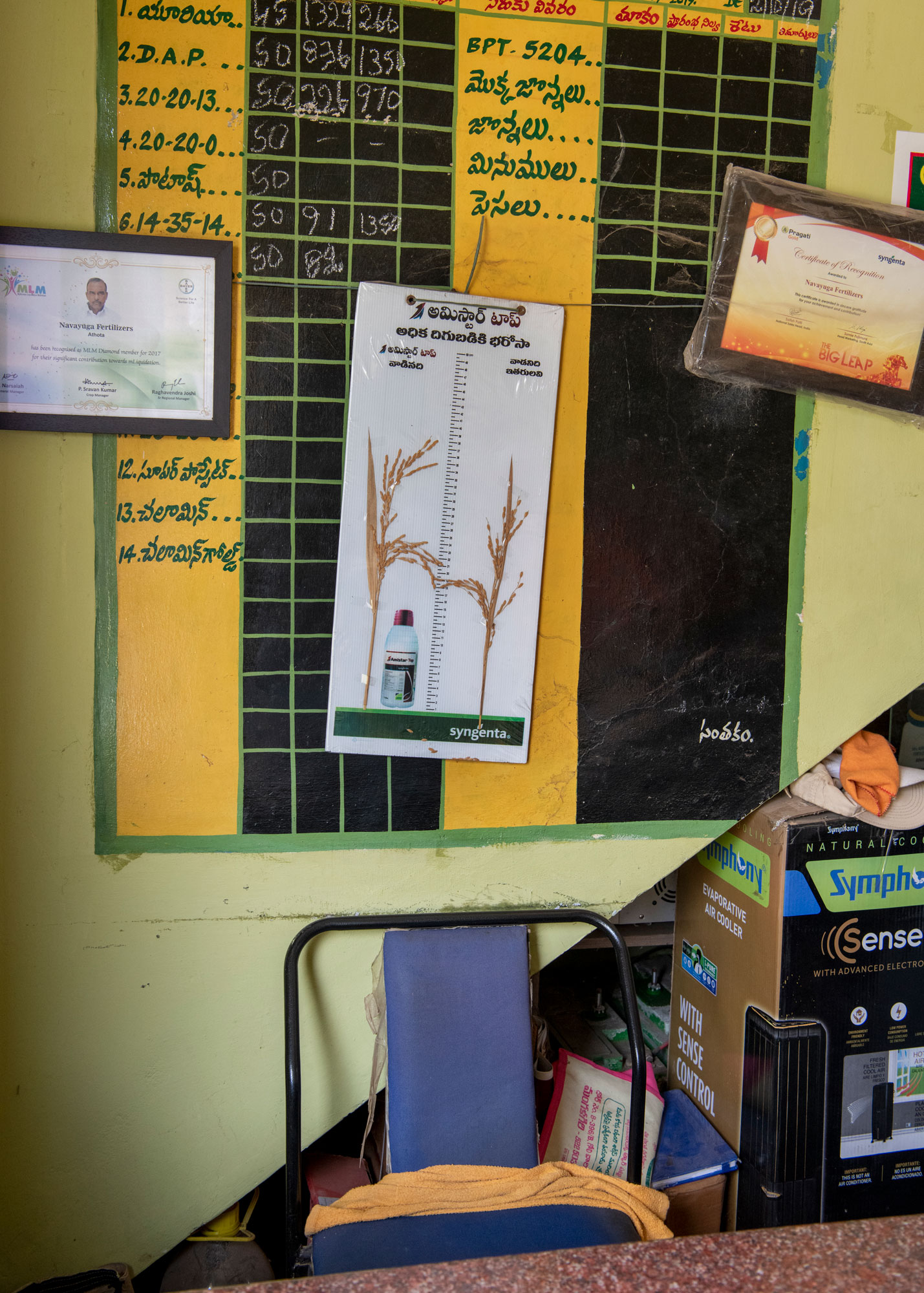
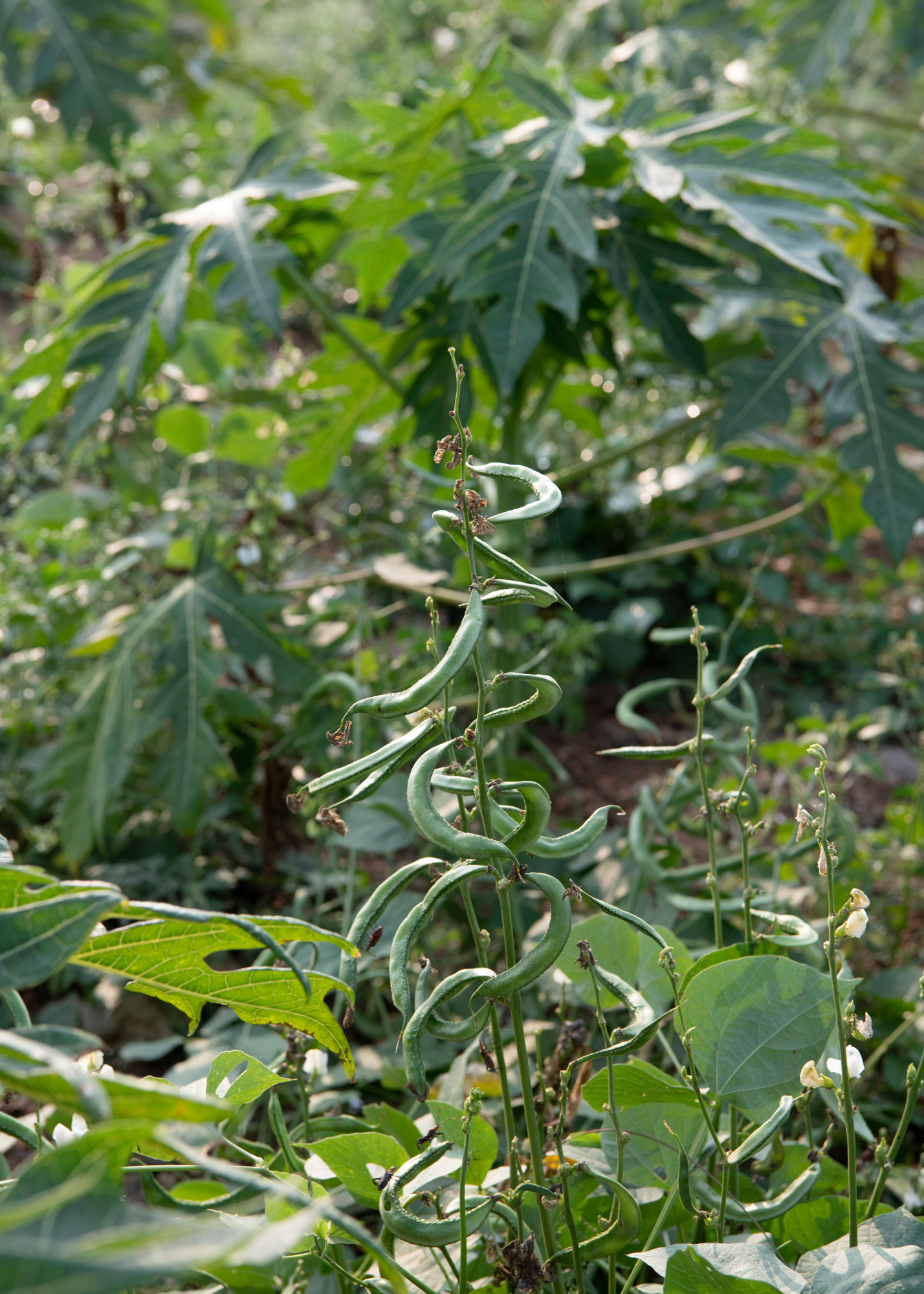

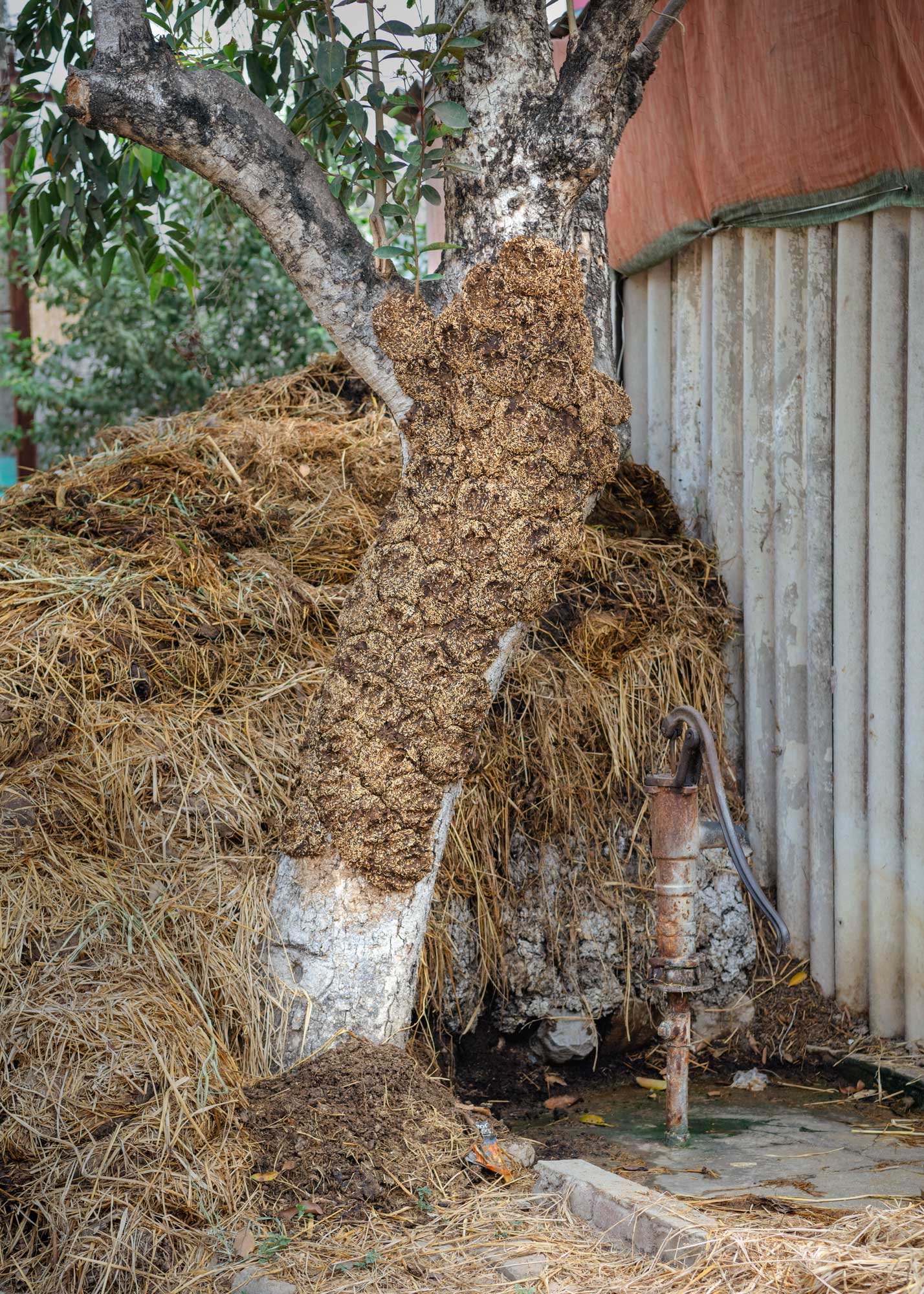
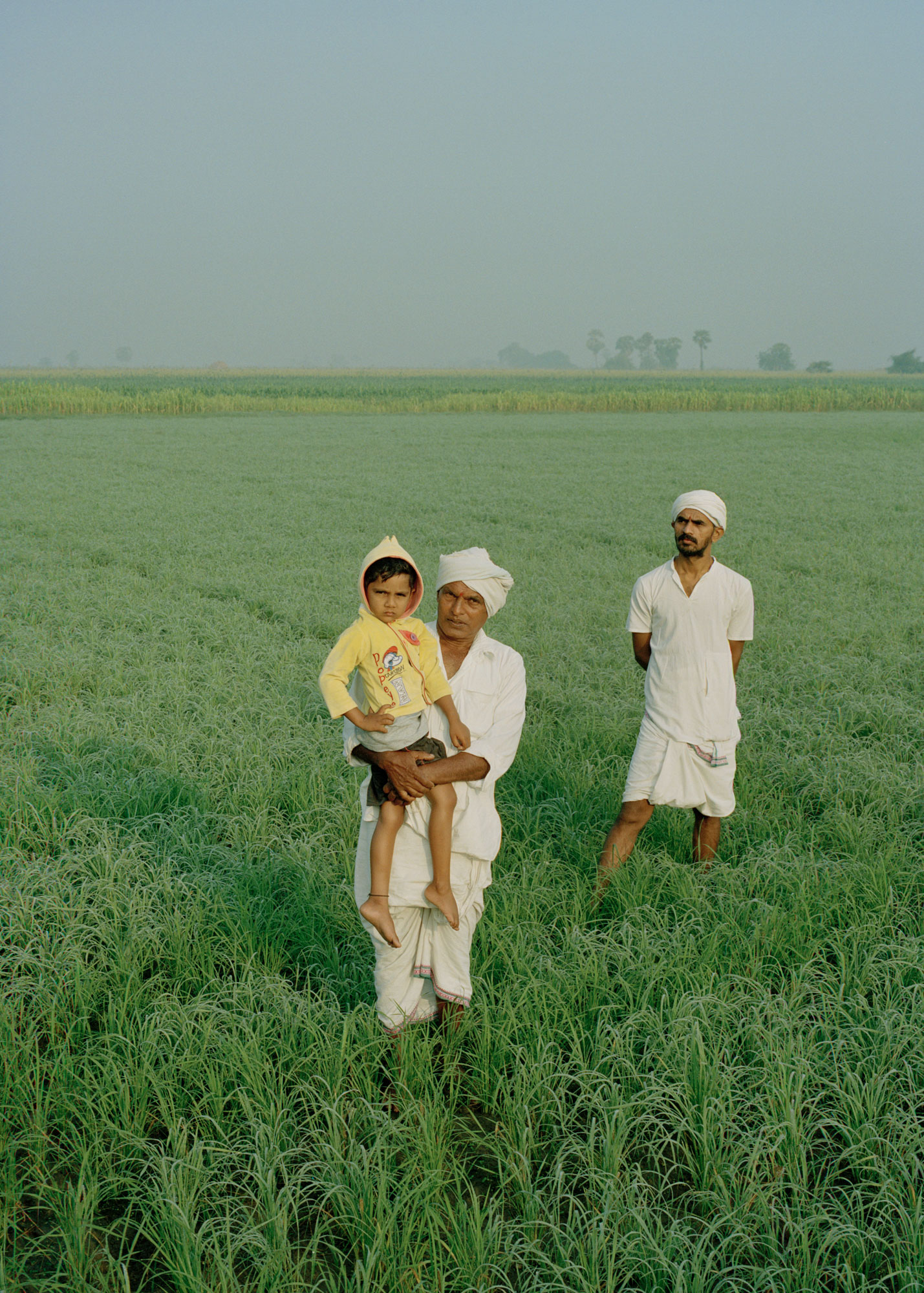


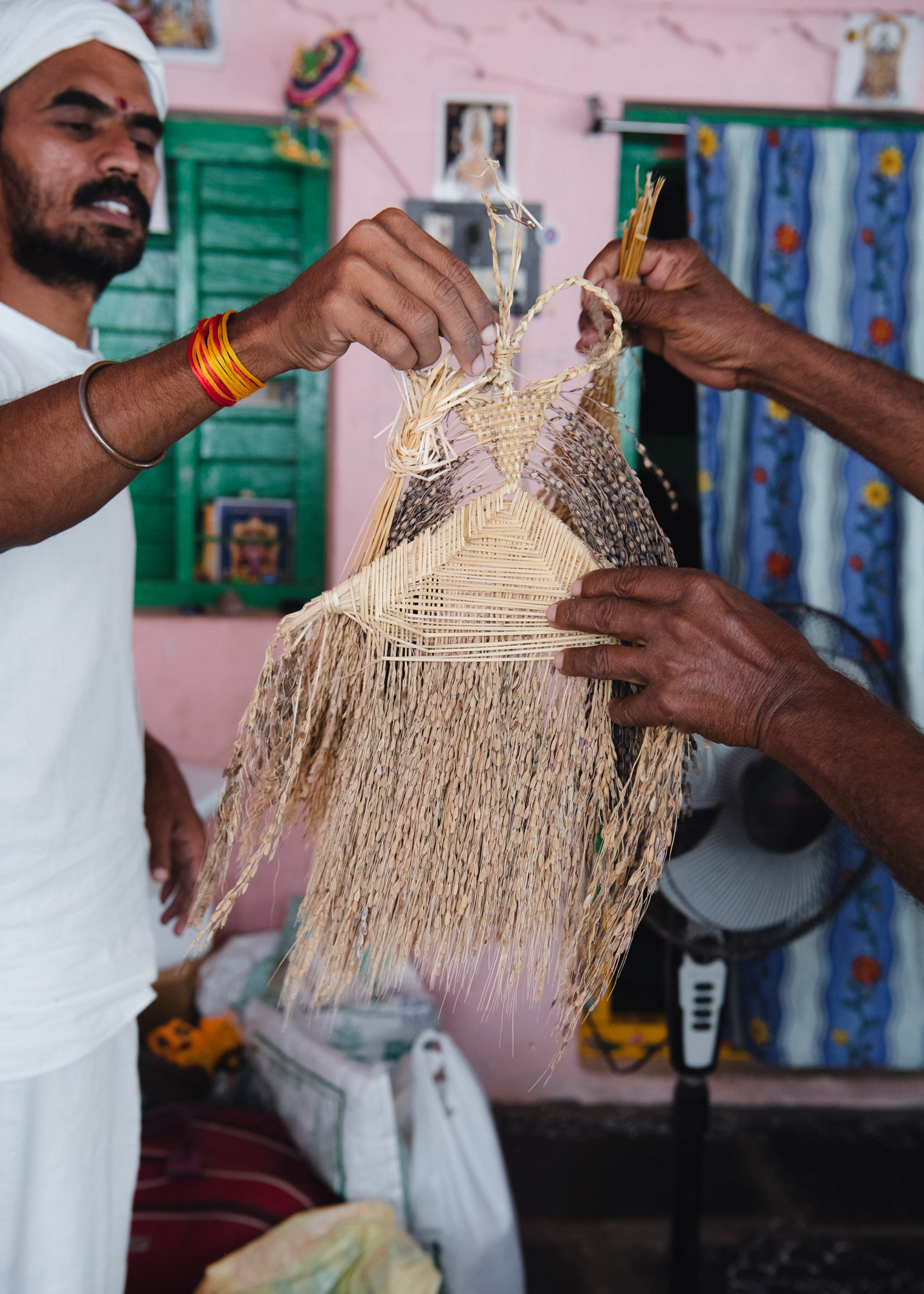


︎︎︎
The photo series was commissioned by the author Florianne Koechlin and journalists Samanta Siegfried and Christiane Grefe, whom I accompanied on a research trip in the Indian state of Andhra Pradesh in February 2020.